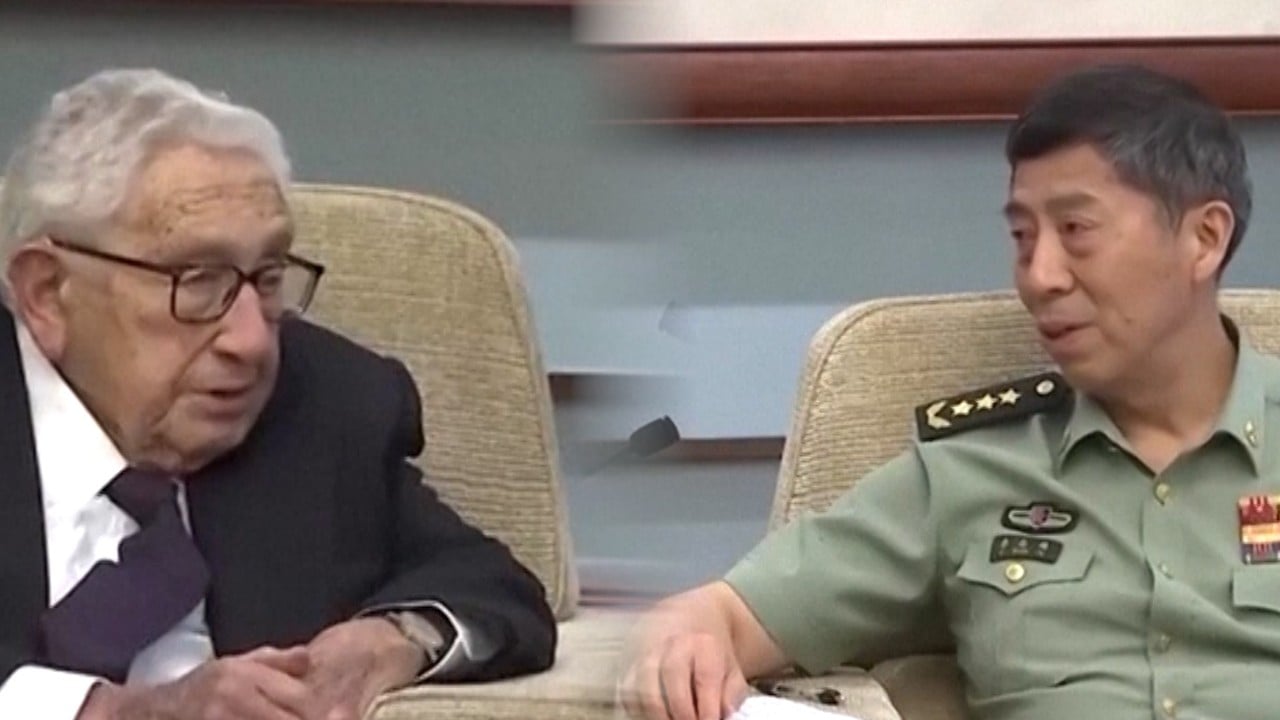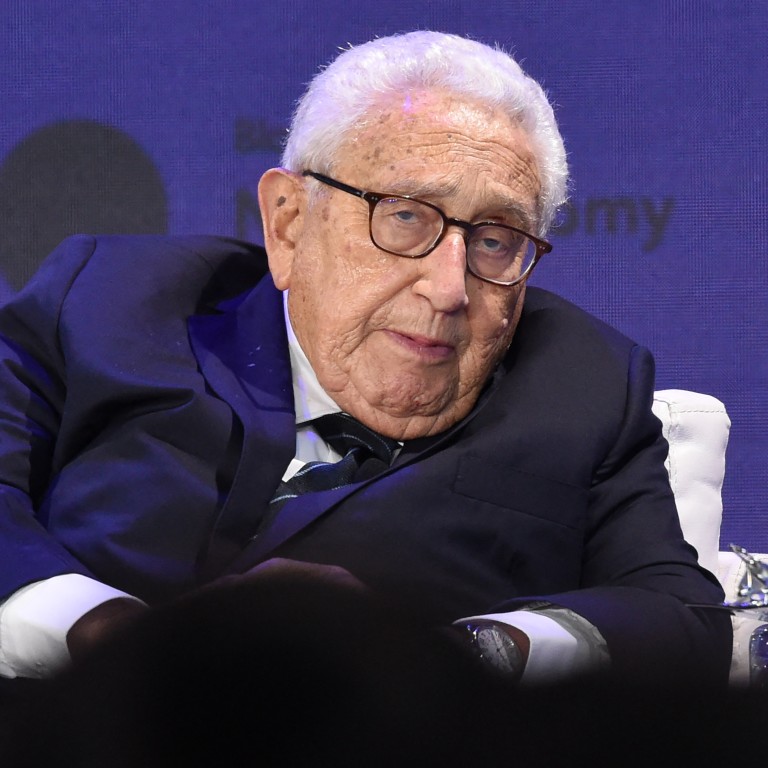
Henry Kissinger’s mixed legacy in Southeast Asia: from ‘war criminal’ in Vietnam to ‘close friend’ of Singapore
- Many Vietnamese think Kissinger ‘crippled the country’, while a critic accused him of culpability in ‘genocide in East Timor’ by endorsing Indonesia’s invasion
- In Singapore he is remembered as a friend of first PM Lee Kuan Yew, who supported US’ Vietnam war as ‘crucial for the future of a non-Communist Southeast Asia’
To get to “peace with honour” in Vietnam, he orchestrated one of the most intensive bombing campaigns ever seen on North Vietnamese positions, especially on Hanoi.
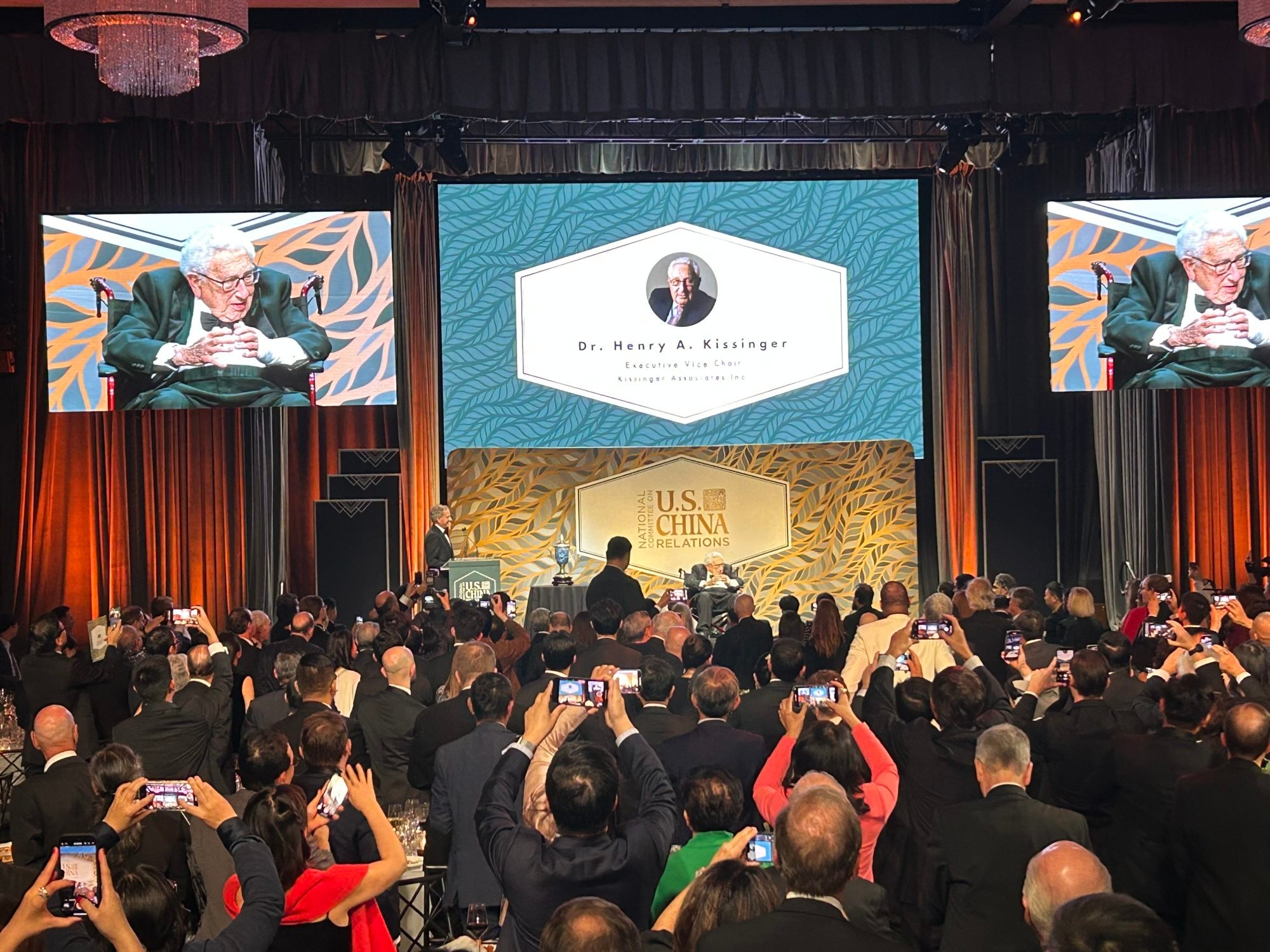
The bombardment boosted support for the bloodthirsty Khmer Rouge, which eventually swept away the US-backed administration of Lon Nol. The regime killed a quarter of Cambodia’s population.
Despite the campaign, the Communist guerillas of the Pathet Lao emerged victorious in 1975. Their successors still govern today – while unexploded ordnance from that campaign continues to claim lives each year.
“These acts fostered in the collapse of regimes in these two countries, and in the case of Cambodia, the rise of the Khmer Rouge and the genocide perpetrated on the Cambodian population,” said Chong Ja Ian, a political scientist at the National University of Singapore.
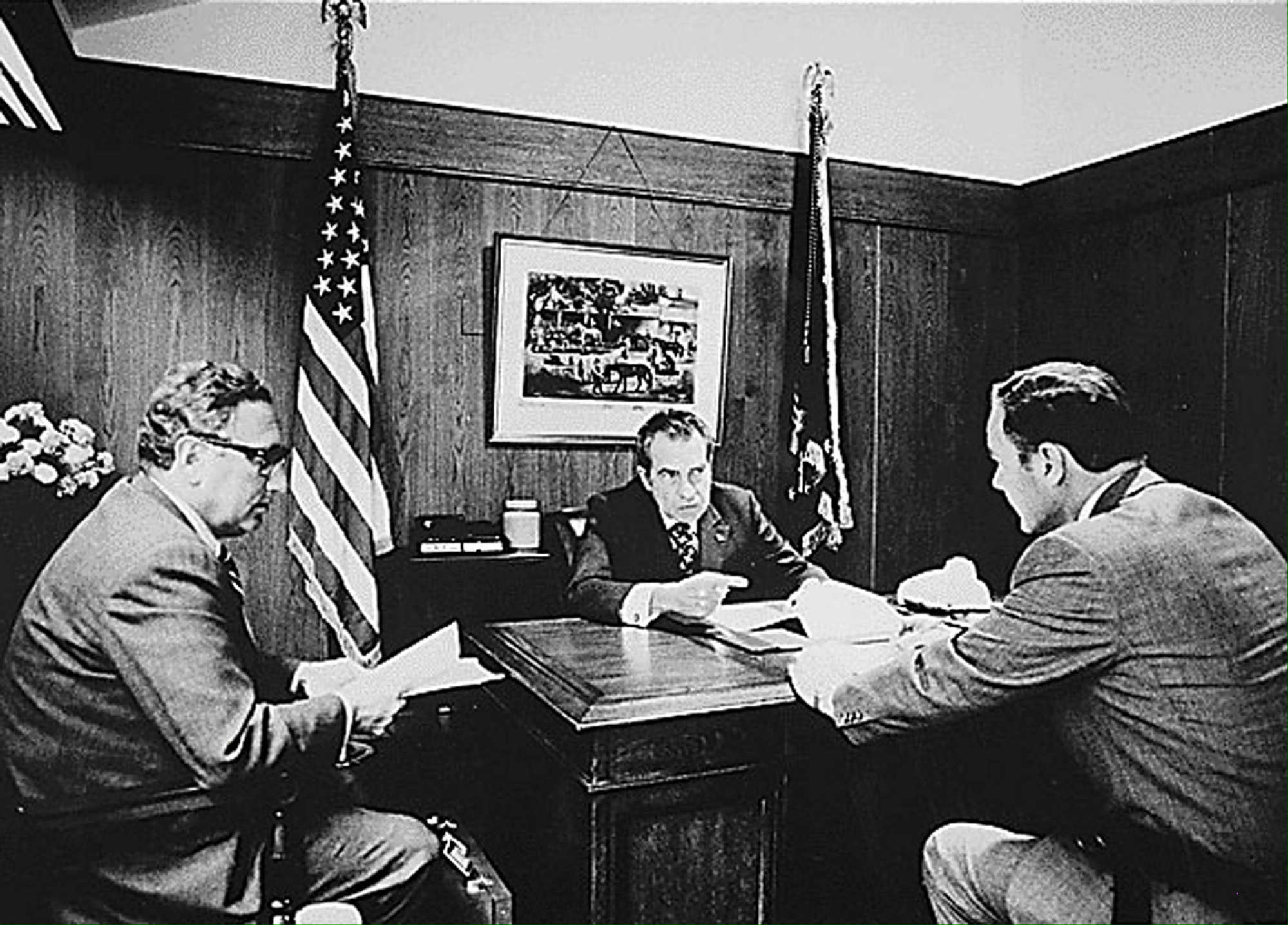
But Chong acknowledged Kissinger’s role in managing the complex competing priorities of the Cold War-era.
“There were structural conditions that were coming into place, the US was seeking exit from Vietnam and a means to reach detente with the [then Soviet Union] just as [China] was seeking ways to relieve pressure from the intensifying Sino-Soviet rivalry,” he added.
In Vietnam, Kissinger’s legacy as a peacemaker is derided by many. The nation lost between 1 million and 3 million lives, mostly civilians, in the war with America, which ultimately saw the superpower’s defeat and a hasty, humiliating evacuation in 1975 from the embassy in Ho Chi Minh City, then named Saigon.
Old Anthony Bourdain quote calling Kissinger ‘murderous scumbag’ goes viral on X
Describing him as a “war criminal”, Ho Chi Minh City-based student Anh Nguyen, 23, said she hoped “he died with deep regrets about what he did”, reflecting a history shared through the generations by the Vietnamese Communist Party victors.
Condemning the Nobel award, history graduate Bui Khanh Minh of the Fulbright University Vietnam said Kissinger “crippled the country” during the Christmas bombing campaign of 1972 that pushed the Viet Cong to the negotiating table.
“As someone from Hanoi … that decision by him and Nixon sparks a particularly personal resentment,” she said.
Many critics, such as the late British journalist Christopher Hitchens, accuse Kissinger of carrying responsibility for the atrocities committed by the Indonesian military against the Timorese people.
In his book, The Trial of Henry Kissinger, Hitchens cites declassified documents, eyewitness testimonies, and human rights reports to make the case that Kissinger should be held culpable for “the incitement and enabling of genocide in East Timor” by giving Indonesia the green light for its invasion, which resulted in a brutal occupation and the killing of around 200,000 people.
Charming, controversial Henry Kissinger steered establishment of US-China ties
Hitchens further accused Kissinger of violating international law; lying to Congress and the public; and authorising the delivery of US weapons he knew would be used on civilians.
He also argues that the famed statesman attempted to suppress or destroy any evidence of his involvement in the invasion – noting that East Timor “holds the distinction of being entirely omitted from Kissinger’s memoirs”.
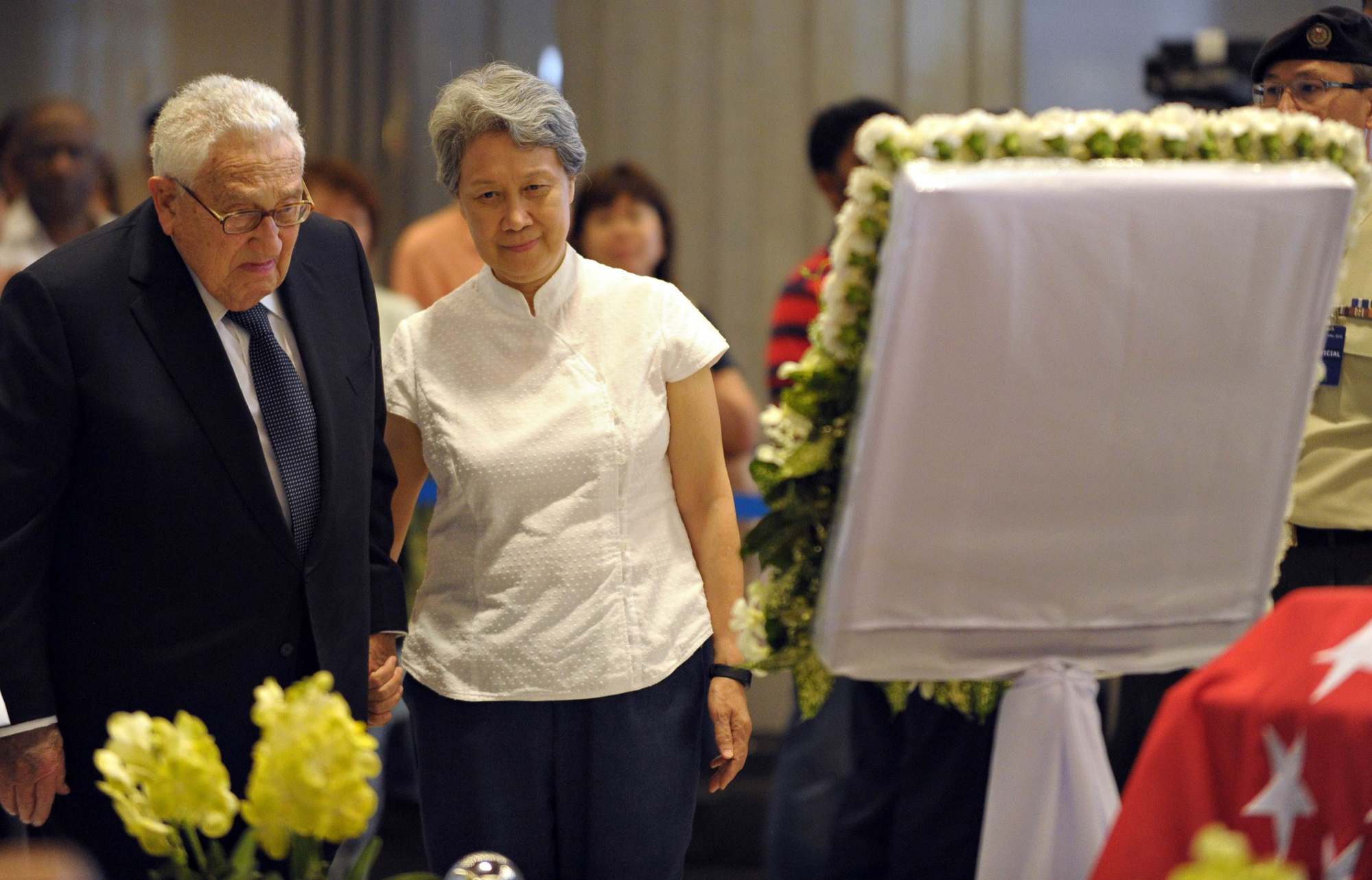
In his memoir, From Third World to First, Lee recalled meeting Kissinger at a dinner at Harvard University in 1967, when the latter was a faculty member.
“It was pure serendipity that at that dinner where many liberal Americans voiced strong criticisms of the Vietnam war, I took the contrary view and explained that America’s stand was crucial for the future of a non-Communist Southeast Asia,” he wrote.
“Kissinger was circumspect in his choice of words to justify American intervention. Surrounded by doves, he was careful not to appear a hawk,” Lee wrote.
Henry Kissinger: China pays highest tribute as President Xi sends condolences
“Speaking slowly in his heavy German-accented English, he gave me the impression of a man who was not going to be swept along by the mood of the moment.
“Shortly afterwards, Nixon’s office announced that Kissinger would be the national security adviser.”
Lee and Kissinger’s “personal and special” relationship contributed to the strong ties between the US and Singapore, political observer Zulkifli Baharudin said.
“We cannot underestimate that in the case of Lee Kuan Yew and Kissinger, the personal relationship really translated into political goodwill and economic opportunities,” he said.
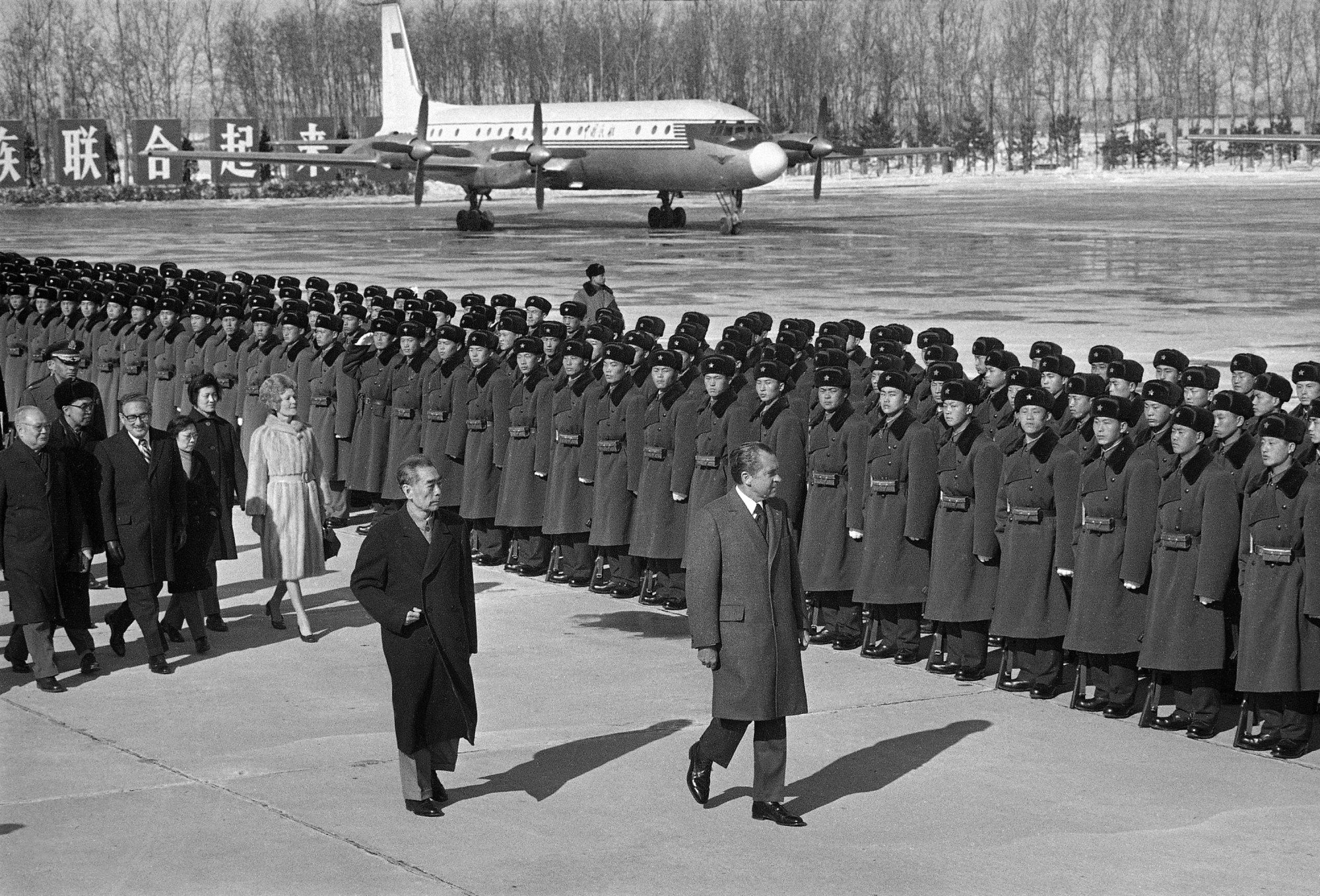
“My father always spoke of Dr Kissinger with the greatest respect and warmth. Their friendship lasted for nearly half a century,” the Singapore leader said. “Dr Kissinger touched many hearts throughout his long life. His legacy will remain with us for a long time to come.”
Kissinger also set the tone for how the rest of the region should deal with China, said Bilveer Singh, a political scientist from the National University of Singapore.
How Kissinger’s death marks end of an era for US-China relations
On the city state, Yeo said Kissinger was “fascinated by Lee Kuan Yew’s Singapore and said that no other country had a more cold-blooded view of international relations. They were intellectual soul mates and kindred spirits till the end”.
Yeo added: “The world has lost a great statesman and geo-strategist.”




